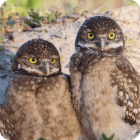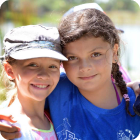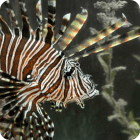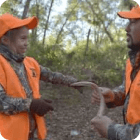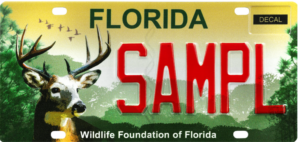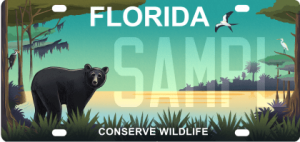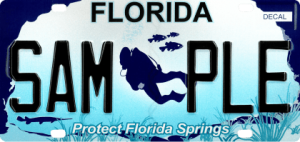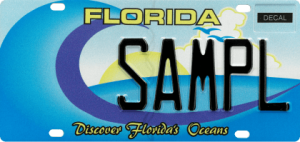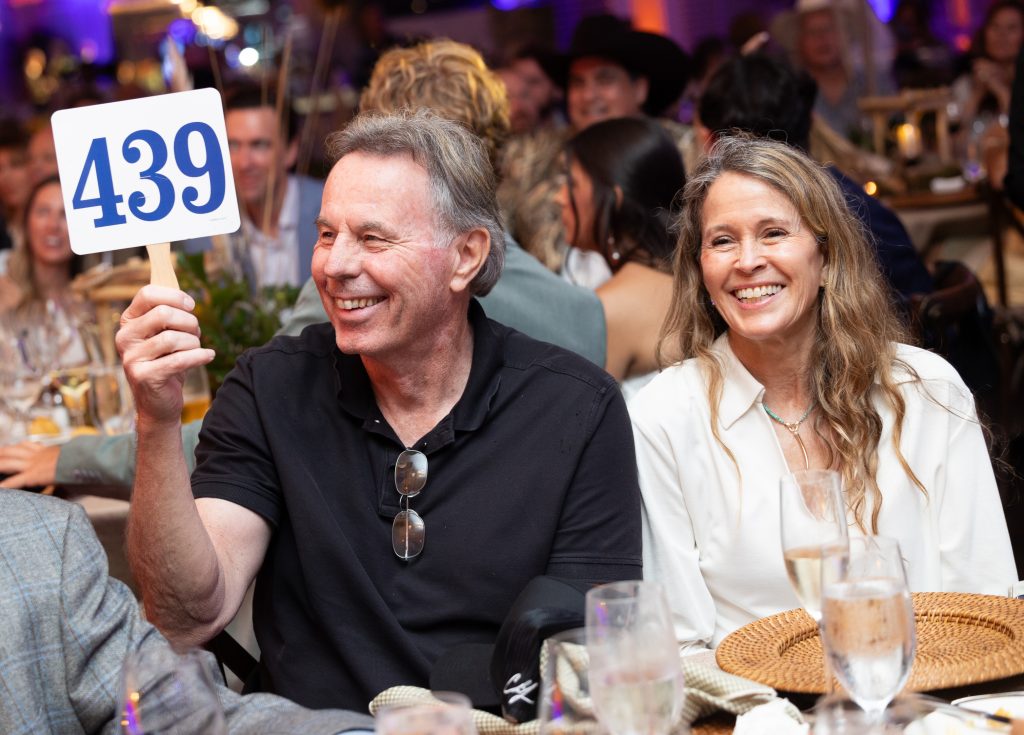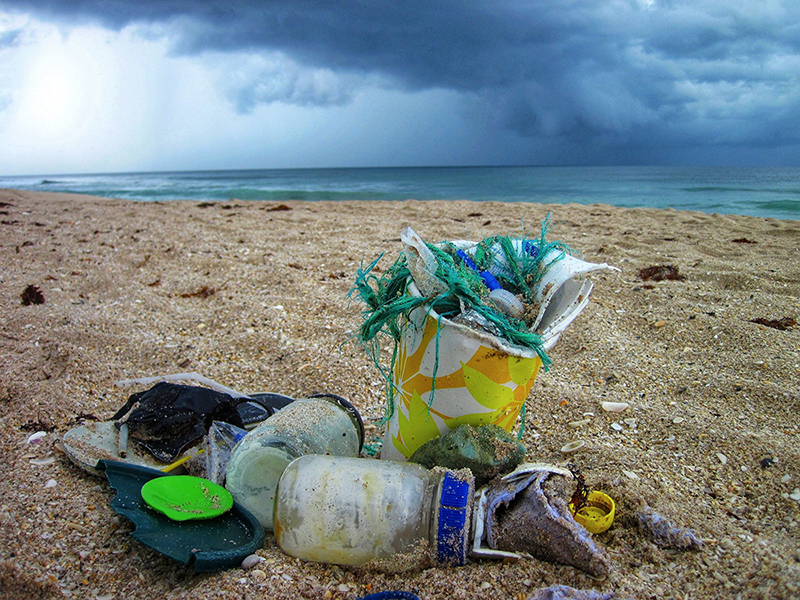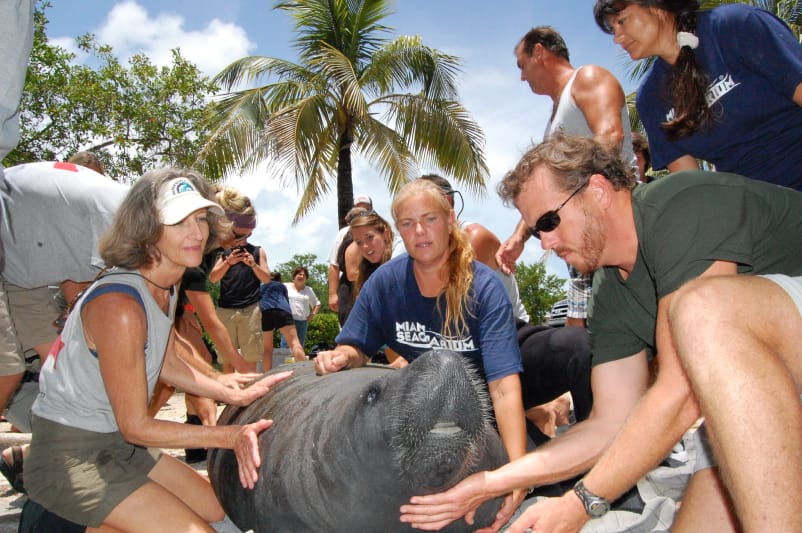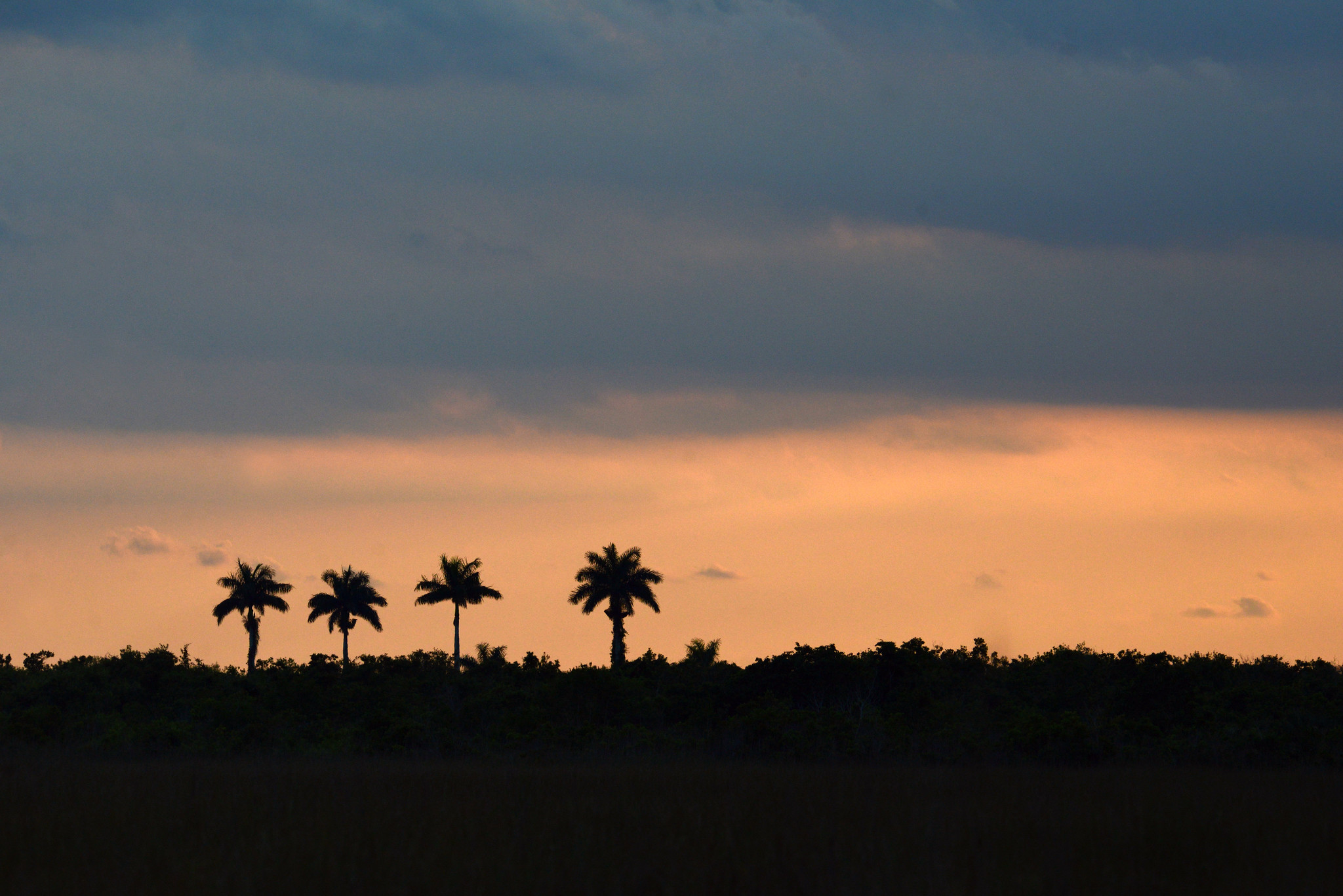
Earth Day, celebrated on April 22nd each year, serves as a global reminder of the importance of investing in our planet. It is a day to reflect on the impact of human activities on the environment and to promote conservation efforts. Every day is Earth Day at our foundation as we aim to protect and preserve wild Florida for current and future generations, both in the short and long term.
Florida Grasshopper Sparrows
Our work conserving the endangered Florida grasshopper sparrow requires both immediate funding for a conservation breeding program and protection of the sparrow’s natural habitat for future populations.
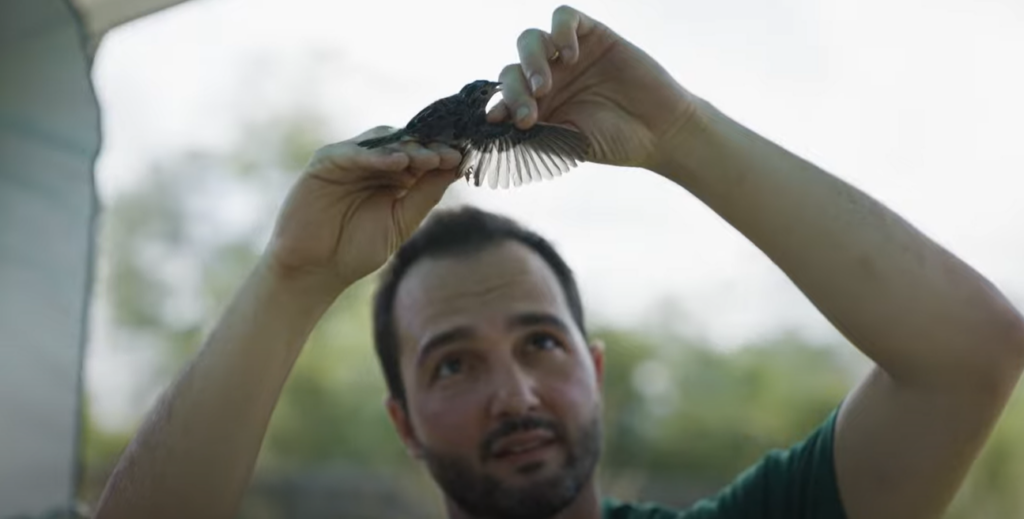
Florida grasshopper sparrow populations were on the decline prior to 2019 due to a variety of factors, including habitat loss. Without intervention, the extinction of these tiny birds was imminent. In response, the Florida Fish and Wildlife Conservation Commission (FWC), U.S. Fish and Wildlife Service (Service), White Oak Conservation, our foundation, and other partners have collaborated on a multipronged strategy, including a conservation-recovery and release program to bring them back from the brink. In 2022, the program released its 500th bird to join wild breeding populations.
With 6,000 acres of sparrow habitat, the DeLuca Preserve in Osceola County has one of the largest known breeding populations of Florida grasshopper sparrows. In partnership with the University of Florida, Bass Pro Shops, and Cabela’s Outdoor Fund, our foundation helped secure a conservation easement on its 27,000 acres as a key component in providing the recovering population a home.
Manatees
In 2021, FWC recorded 1,101 manatee deaths, many due to starvation, which set the stage for the first supplemental feeding trial of its kind operated by FWC and the Service. Warm water refuge sites for wintering manatees used to house acres of eelgrass they would naturally forage on. Nutrient runoff and pollution have created toxic algae blooms that choke out aquatic plants like eelgrass and seagrass. Now all that remains are food deserts for an animal that typically would consume almost 10% of its body weight per day.
Thanks to the supplemental feeding program, locally sourced Florida lettuce has helped reduce manatee deaths during cold winter months. In 2022, the Foundation purchased 200,000 pounds of lettuce and 400,000 pounds in 2023 that fed nearly 1,000 manatees at the peak of winter.
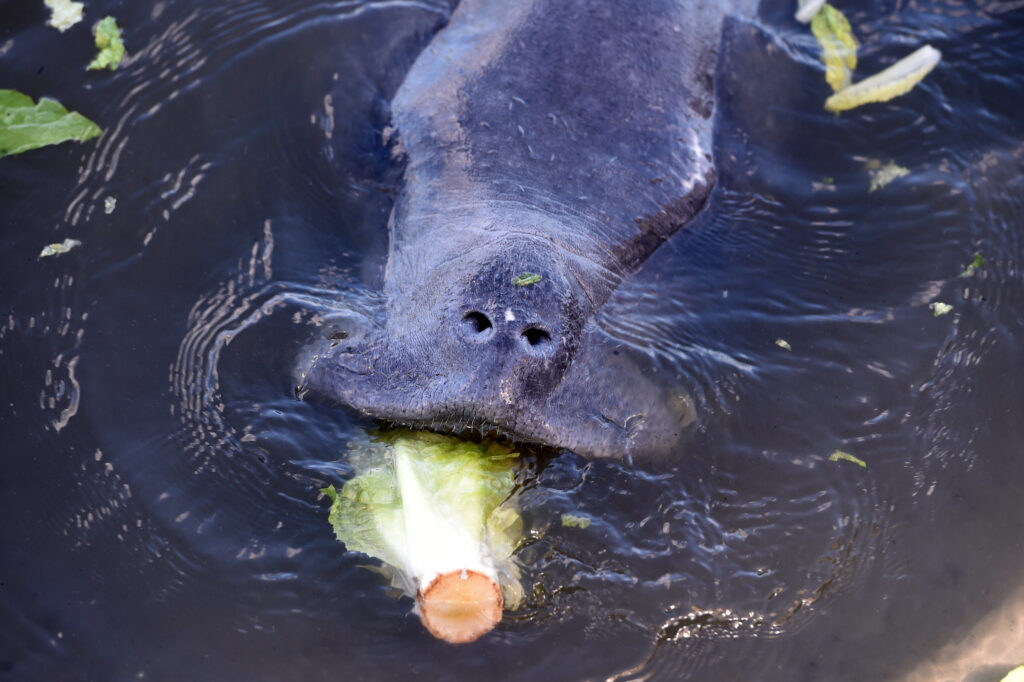
But this remains a short term solution to starving manatee deaths; the restoration of Florida’s rapidly depleting seagrass meadows is vital for long term results. “Underwater plants are the lungs of the lagoon,” said foundation board chair Carlos Alfonso. “Two-and-a-half acres of seagrass supports as many as 100,000 fish and 100 million invertebrates, in addition to providing manatees with a crucial food source.”
Our foundation is one of several groups working hard to restore Florida’s vital seagrass meadows with eight planting projects underway in the lagoon this year. Many of these projects occur in tributaries that have proven to have good water quality. Plantings have yielded hopeful results for sustaining submerged marine vegetation for years to come.
Corals
Coral reefs are central to the health and diversity of our oceans. Although coral reefs represent only one percent of ocean habitats, they serve as home, protection, and spawning grounds for a fourth of all marine life.
Sadly, Florida’s coral reefs are facing several issues, like stony coral tissue loss disease and invasive species like the lionfish. Our foundation is working with the National Fish and Wildlife Foundation, the National Oceanic and Atmospheric Administration (NOAA), the University of Georgia, and the Reef Environmental Education Foundation on acoustic and pheromone lures for lionfish traps and is also helping find effective biological or genetic controls.
Our Foundation has long answered the call for grant funds for research on emerging marine issues like this. When the long-spined sea urchin, a spiny creature that plays a key role in healthy coral reef systems by eating algae, began showing signs of disease, we provided much needed funds to study their habitat and survival rates through our Conserve Wildlife license plate.
In addition, we are committed to the long-term restoration of Florida’s reefs. We work with partners to combat coral disease, establish long-term monitoring of reef restoration efforts, and identify breakthrough strategies that will substantially reduce lionfish numbers throughout Florida waters, the Gulf of Mexico, and the Caribbean.
And for the past two years, our Foundation, FWC, Disney, SeaWorld, and the Association of Zoos and Aquariums have quietly been holding the largest amount of rescued corals in a nondescript Orlando warehouse called the Florida Coral Rescue Center thanks to a generous starter kit from World Wide Corals. The center is the largest facility of its kind in the U.S. and will play a significant role in the future of the coral reefs; scientists are already seeing rare corals reproducing for the first time in human care!
Investing in our planet is crucial for both short-term and long-term solutions to address environmental challenges. We are proud to be an emergency gap funder, often the first on the scene, for sudden needs of FWC and its partners, while remaining focused on solving long term challenges for the future of wild Florida.
